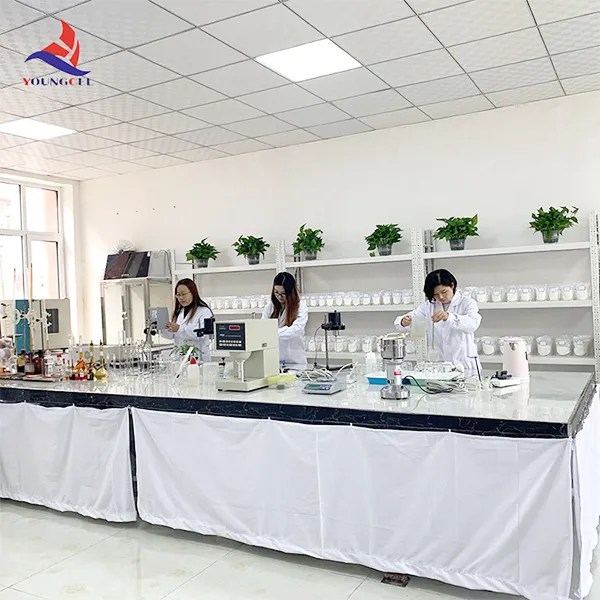Choosing the Right Adhesive for Tile Installation
When it comes to tile installation, selecting the appropriate adhesive is crucial for achieving a durable and lasting bond. The right adhesive not only determines how well the tiles adhere to the substrate, but it also affects the overall performance of the tiled surface over time. Whether you are a seasoned professional or a DIY enthusiast, understanding the different types of tile adhesives available will help you make an informed choice.
Tile adhesives can generally be categorized into three main types thin-set mortar, mastic, and epoxy. Each type has its unique properties and is suitable for different applications.
Thin-Set Mortar
Thin-set mortar is the most commonly used adhesive for tile installation. It is a cement-based product that provides excellent strength and versatility. Thin-set mortar is available in different formulations, including standard, modified, and unmodified. The modified versions contain additives that enhance adhesion and flexibility, making them suitable for various substrates, including drywall, cement board, and concrete. Thin-set mortar is ideal for both floor and wall tiles, but it requires proper curing time and is sensitive to temperature and humidity.
Mastic
Mastic is an adhesive made from organic materials, primarily used for wall tile installations in dry areas. It is easier to work with than thin-set mortar, offering a smooth application and quick drying time. However, mastic is not recommended for wet areas, such as showers or kitchen backsplashes, as it can weaken when exposed to moisture. For light-duty applications, mastic is effective on non-porous surfaces, such as ceramic and certain types of vinyl tiles.
adhesive for tile

Epoxy Adhesive
Epoxy adhesives are made from a chemical reaction between resin and hardener, providing a strong and water-resistant bond. This type of adhesive is preferred for heavy-duty applications, such as commercial installations or areas subject to significant moisture exposure. Epoxy is also resistant to chemicals, making it suitable for spaces like laboratories or industrial environments. However, epoxy adhesives can be more challenging to work with due to their fast curing time and complex mixing process.
Factors to Consider
When choosing an adhesive for your tile project, consider the following factors
1. Type of Tile Different tiles (ceramic, porcelain, glass, etc.) may require specific adhesives. 2. Location Determine if the area is dry or wet, as this will influence your adhesive choice. 3. Substrate Ensure compatibility between the adhesive and the surface you are tiling onto. 4. Environmental Conditions Factors like temperature and humidity can affect adhesive performance.
In conclusion, selecting the right adhesive for tile installation is a vital step in ensuring a successful project. By understanding the various types of adhesives available and their appropriate applications, you can create a beautiful and enduring tiled surface that meets your needs. Make sure to follow manufacturer guidelines and local building codes for the best results!
-
Rdp Powder: Key Considerations for Wholesalers in the Building Materials IndustryNewsJul.08,2025
-
Key Considerations for Wholesalers: Navigating the World of Hpmc - Based ProductsNewsJul.08,2025
-
Hpmc Detergent: Key Considerations for WholesalersNewsJul.08,2025
-
Key Considerations for Wholesalers: China Hpmc For Tile Adhesive, Coating Additives, Concrete Additives, and MoreNewsJul.08,2025
-
Crucial Considerations for Wholesalers: Navigating the World of Construction MaterialsNewsJul.08,2025
-
Key Considerations for Wholesalers Sourcing Additive For Cement, Additive For Concrete, Additive For Putty from Additive Manufacturer Shijiazhuang Gaocheng District Yongfeng Cellulose Co., Ltd.NewsJul.08,2025




